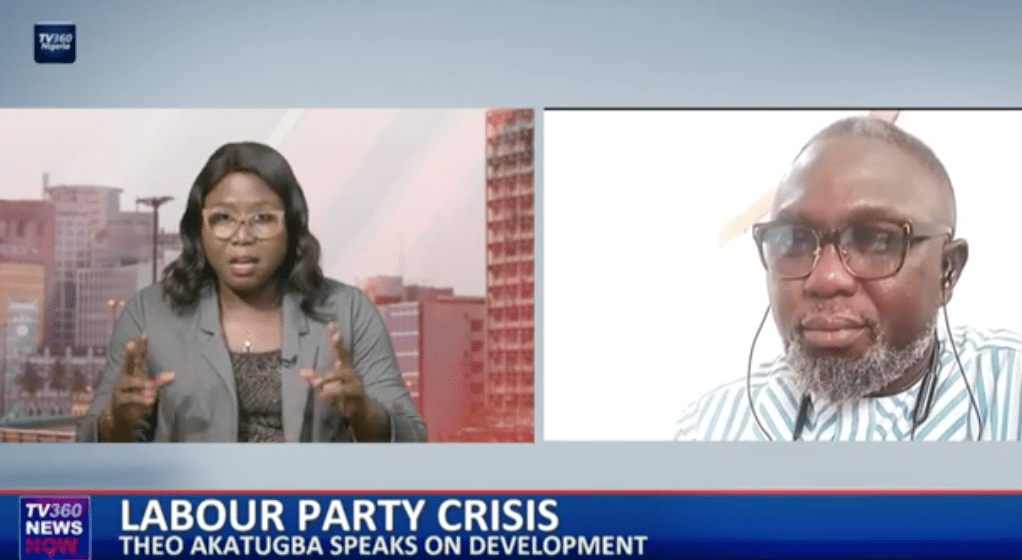UN Faces Deepening Financial Crisis as Guterres Urges Urgent Reforms

Facing mounting financial strain and waning contributions—particularly from the United States—UN Secretary-General António Guterres has issued a stark call for urgent institutional reform, warning that the organization’s ability to serve its global mission is at risk.
Addressing member states on Monday, Guterres outlined a series of proposed changes to streamline the UN’s sprawling bureaucracy, improve cost efficiency, and reaffirm its core mandates in peace, development, and human rights.
“The measure of success is not the volume of reports we produce or the number of meetings we hold,” Guterres said. “It lies in the tangible, real-world difference we make in people’s lives.”
His proposals include merging overlapping departments, eliminating redundancies, relocating staff from high-cost duty stations, and tightening operational spending—steps he described as essential to preserving the UN’s relevance and impact amid tightening budgets.
The financial strain has been amplified by recent cuts and delayed payments from major donors, most notably the United States. Acting U.S. Ambassador Dorothy Shea echoed Washington’s position that the UN must refocus its priorities.
“The UN must return to its principal purpose,” Shea said, arguing that the organization should place greater emphasis on maintaining international peace and security.
But Guterres pushed back firmly on the idea of narrowing the UN’s scope. “The notion that we can focus solely on peace and security while scaling back our efforts in development or human rights is entirely misguided,” he warned. “These pillars are interconnected—and weakening one risks collapsing them all.”
The secretary-general also reaffirmed the UN’s commitment to its Sustainable Development Goals (SDGs), calling them “central to the credibility and legitimacy of the multilateral system.”
While some wealthy nations voiced support for increased efficiency, several representatives from developing countries expressed concern that deep structural changes could translate into reduced UN support on the ground.
As the UN grapples with what Guterres called a “pivotal moment,” the debate highlights broader questions about the future of multilateralism and the ability of global institutions to adapt under political and fiscal pressure.





